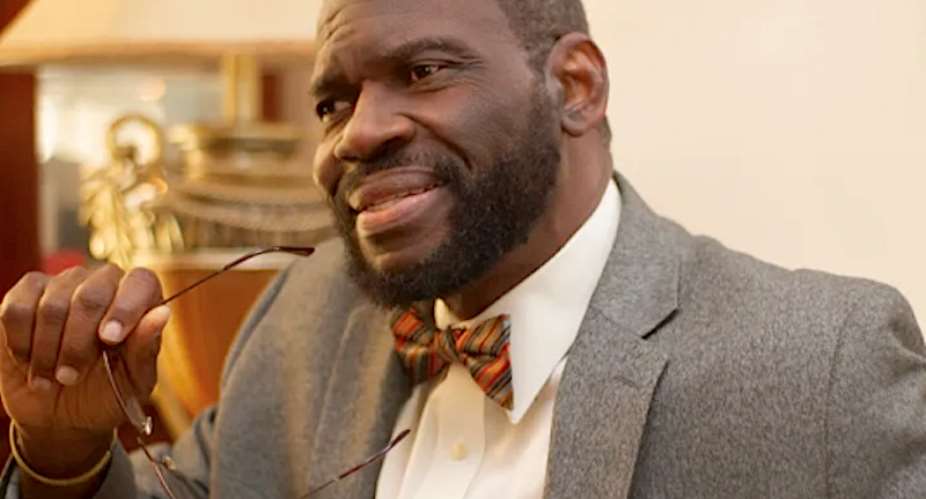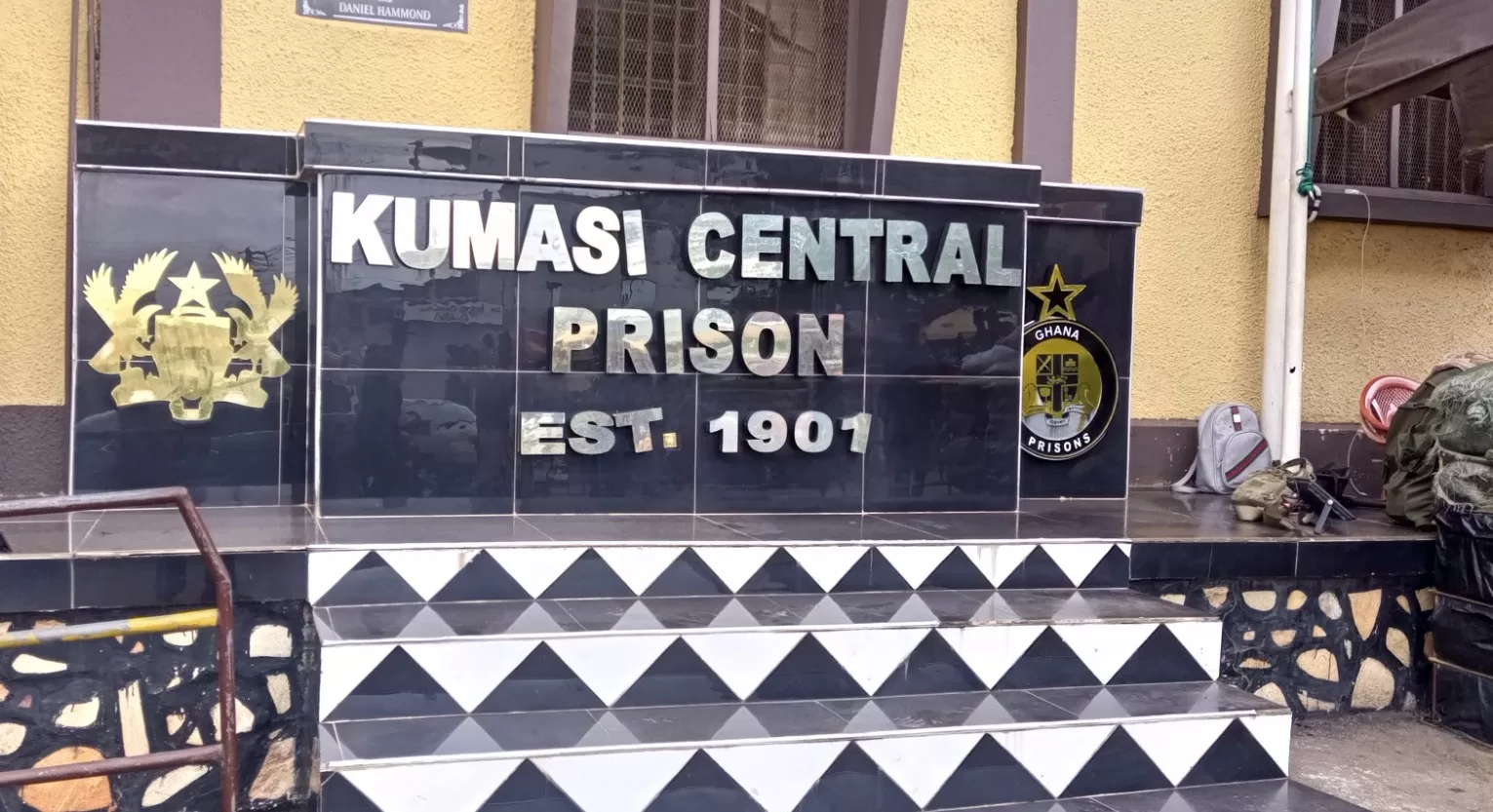Recent tragic events in Nigeria, particularly the massacres in Plateau and Kaduna, lay bare the nation's vulnerabilities to violence, emphasizing the urgent need for global intervention. The scale of these atrocities underscores systemic failures within Nigeria's legal and law enforcement apparatus, turning the cry for justice into a global imperative.
The Plateau massacre on Christmas Eve saw gunmen invade over 15 communities, resulting in scores of deaths, including women, children, and the elderly. ECOWAS has rightfully condemned this heinous act, urging President Bola Tinubu's government to ensure accountability. The death toll exceeds 200, with numerous others injured and substantial property damage. Yet, the wounds in Plateau remain open, the cries for justice persistently unheard, transcending legal proceedings into a psychological yearning for closure and national healing.
In Kaduna, a tragic incident unfolded as the Nigerian Army mistakenly killed at least 88 people in a drone strike during a religious festival. The unintended strike occurred during a Muslim holiday celebrating the birthday of Prophet Muhammad, adding another layer to Nigeria's recent woes. Innocent lives were shattered, demanding accountability and compassion for children, the elderly, and families torn apart.
These incidents are not isolated but symptoms of a deeper malaise that necessitates collective healing.
The compromised nature of Nigeria's legal, law enforcement, and governance systems is a glaring issue, raising global concerns about internal wrongdoings going unaddressed due to systemic corruption. Accusations of leaders, including the military, police, and intelligence agencies, protecting each other further contribute to a lack of accountability for human rights abuses.
Past instances, such as investigations into #EndSARS, have seemingly died out despite international coverage and evidence of misconduct. Internal investigations often lack independence and credibility, as evidenced by the military's claim that it will investigate itself in the Kaduna killings, raising serious doubts and highlighting the necessity for external scrutiny. The urgency for justice is paramount, and the global community must stand united in demanding accountability, compassion, and a path towards healing for a nation in distress.
The entrenched culture of impunity, exemplified by cases like #EndSARS, lays bare systemic flaws within Nigeria's justice and law enforcement apparatus. Investigations face formidable obstacles: a lack of transparency, external interference, and inadequate accountability mechanisms. The convolution intensifies when those upholding the law find themselves implicated.
The cries for justice from Plateau and Kaduna are not isolated; they are the desperate pleas of a nation yearning for accountability and the restoration of its fractured soul. While respecting the principle of non-interference, the global community cannot turn a blind eye to compromised systems permitting these tragedies to unfold with impunity.
Interwoven protectionism among Nigeria's military, police, national intelligence agency, and the presidency poses a formidable challenge to accountability. Institutions meant to uphold justice shielding each other erode public trust and undermine the essence of a functioning democracy. In events like #EndSARS and recent tragedies, this protective barrier impedes justice.
As a psychologist observing these events, it's clear the wounds on Nigeria's collective psyche run deep. The psychological toll extends beyond victims, permeating the social fabric and challenging the nation's resilience.
The web of power between the military, police, intelligence agencies, and the presidency creates an environment where accountability struggles. The reluctance to hold each other accountable fosters an atmosphere of impunity, emboldening actions violating human rights. Breaking this cycle demands commitment to justice and restructuring power dynamics.
In situations where local accountability mechanisms seem compromised, the international community, including ECOWAS, the UN, and global powers, plays a critical role. Holding Nigeria accountable globally through diplomatic pressure, sanctions, and resolutions sends a powerful message. The international community must insist on transparent investigations and consequences for human rights violations.
The UN, with its commitment to human rights, must step in when national systems falter. It should not only condemn such actions but actively work for accountability. This involves diplomatic pressure, independent investigations, and leveraging international forums for justice.
International media, like CNN, adds global scrutiny. While exposure can highlight injustices, effectiveness depends on local responses. International pressure can push for transparent investigations, but it's not a guaranteed solution.
Compromised legal systems, corruption, and political interference complicate justice quests. Investigations may face hurdles, and power dynamics influence legal proceedings. Lack of independence leads to a climate where accountability remains elusive.
To address these challenges, a broad commitment to systemic change is essential. Reforms in legal frameworks, law enforcement agencies, and governance structures are imperative, including an independent judiciary, transparent investigative processes, and measures ensuring accountability — vital components of a justice system resilient to external scrutiny.
Empowering citizens to demand accountability is crucial for systemic change. Civil society, advocacy groups, and citizens play a pivotal role in holding authorities accountable. The outcry and demands for justice witnessed during #EndSARS reflect a growing awareness and determination among the populace to challenge impunity.
The international community can contribute by continuing to advocate for justice, transparency, and accountability. Diplomatic pressure, sanctions, and interventions can be powerful tools to urge governments to address systemic issues and prioritize genuine investigations.
Achieving meaningful change in the justice system requires a sustained, multi-faceted approach. It involves addressing not only specific cases but also the underlying issues perpetuating impunity. Long-term commitment from both local and international stakeholders is necessary to navigate the complexities inherent in reforming justice systems.
While investigations may face obstacles and apparent stagnation, the collective efforts of citizens, the media, and the international community can foster a climate where accountability becomes inherent in the justice system. The road ahead is undoubtedly challenging, but the pursuit of justice is fundamental to building societies that respect the rule of law and uphold the dignity of every individual.
In the face of such profound challenges, the international community must engage responsibly. Non-interference should not be a shield for inaction but a call for collaborative efforts to strengthen Nigeria's systems and ensure justice prevails.
The magnitude of these tragedies demands a global response beyond diplomatic niceties. It requires a collective commitment to support Nigeria in its quest for justice, transparency, and institutional reformation. As a psychologist, I implore leaders worldwide to recognize the psychological scars borne by a nation in distress and to stand united in the pursuit of a Nigeria where the cries for justice are not echoes in the void but catalysts for transformative change.
The international community, spearheaded by the United Nations, ECOWAS, and influential nations, must vehemently condemn and vigilantly oversee Nigeria's leadership. The severity of the Plateau and Kaduna massacres necessitates an unequivocal and collective response. Internal investigations' compromised nature compels external bodies to ensure justice for victims and hold perpetrators accountable. The global community bears the responsibility of monitoring and censuring leaders who ignore the cries of the unheard. The gravity of these stories—the Plateau massacre and the tragic Kaduna drone strike—demands active intervention, diplomatic pressure, and a commitment to transforming justice from a fleeting promise into tangible reality.
Imposing targeted sanctions, travel bans, and diplomatic measures can serve as potent tools for incentivizing accountability. These measures should be strategic, directing consequences toward individuals responsible for human rights abuses while sparing the general population. The intent is not punitive but corrective, instilling a sense of responsibility among those in power.
Informed by collective outrage and demands for justice, the global community, including social media, international advocacy groups, and concerned individuals, must amplify its voice. This collective pressure can create a groundswell urging governments and international bodies to prioritize accountability.
While immediate accountability is crucial, addressing root causes requires long-term structural reforms. This involves revisiting laws enabling impunity, strengthening independent oversight bodies, and instigating a cultural shift where accountability is ingrained in the fabric of governance.
As a psychologist, I implore the world to look beyond headlines and grasp the profound psychological impact of these events. It's not just about the number of lives lost but the enduring trauma inflicted on a nation's psyche. Justice, in this context, is not just a legal process; it is a necessary balm for wounded minds and shattered spirits.
The global community must rise in unison, not just to demand accountability but to address the psychological scars left by these tragedies. Real justice involves acknowledging the depth of pain, fostering a climate of healing, and ensuring that the cries of the unheard find solace in the pursuit of truth.
In the corridors of global diplomacy, let the cries of Nigeria be heard—a plea for justice that transcends borders and speaks to the very heart of human dignity. This is not just about legal retribution; it's a call to mend the broken soul of a nation yearning for healing, understanding, and the assurance that such horrors will not be repeated.
In conclusion, the protectionist dynamics among Nigeria's key institutions demand not only domestic reform but also active intervention and pressure from the international community. The pursuit of justice in the face of systemic challenges requires a multifaceted approach that leverages global mechanisms and prioritizes the well-being and rights of the Nigerian people.
Professor John Egbeazien Oshodi, who was born in Uromi, Edo State, Nigeria, to a father who served in the Nigeria police for 37 years, is an American-based police and prison scientist and forensic, clinical, and legal psychologist. A government consultant on matters of forensic-clinical psychological services in the USA; and a former interim associate dean and assistant professor at Broward College, Florida. The Founder of the Dr. John Egbeazien Oshodi Foundation, Center for Psychological Health and Behavioral Change in African Settings. In 2011, he introduced state-of-the-art forensic psychology into Nigeria through N.U.C. and Nasarawa State University, where he served in the Department of Psychology as an Associate Professor. He has taught at various universities and colleges including Florida memorial University, Florida International University, Broward college, Lynn University, and a contributing faculty member at the Weldios university in Benin Republic, Nexus International University, Uganda, Nova Southeastern University and Walden University in USA. He is a Human Rights Psychologist with a focus on African related environments. [email protected]





 Pointing out the ills of NPP government not enough; tell us what you can do — Mi...
Pointing out the ills of NPP government not enough; tell us what you can do — Mi...
 April 27: Cedi sells at GHS13.78 to $1, GHS13.18 on BoG interbank
April 27: Cedi sells at GHS13.78 to $1, GHS13.18 on BoG interbank
 Worry about the furniture problem in basic schools; not how to paint schools in ...
Worry about the furniture problem in basic schools; not how to paint schools in ...
 Ramaphosa lauds ANC record as S.Africa celebrates democracy
Ramaphosa lauds ANC record as S.Africa celebrates democracy
 Ghana needs new counter-terrorism Act to tackle radicalised youth – CISA
Ghana needs new counter-terrorism Act to tackle radicalised youth – CISA
 Kumasi Central Prison triple its capacity to 1800 inmates
Kumasi Central Prison triple its capacity to 1800 inmates
 By-election: Ejisu is destined for NPP – Ahiagbah
By-election: Ejisu is destined for NPP – Ahiagbah
 Don't travel to volatile regions in northern Mali — Ministry of Foreign Affair t...
Don't travel to volatile regions in northern Mali — Ministry of Foreign Affair t...
 ILO’s claim of depleting reserves false, we have funds to pay pensions — SSNIT
ILO’s claim of depleting reserves false, we have funds to pay pensions — SSNIT
 Benin police fire tear gas to break up union protest
Benin police fire tear gas to break up union protest
